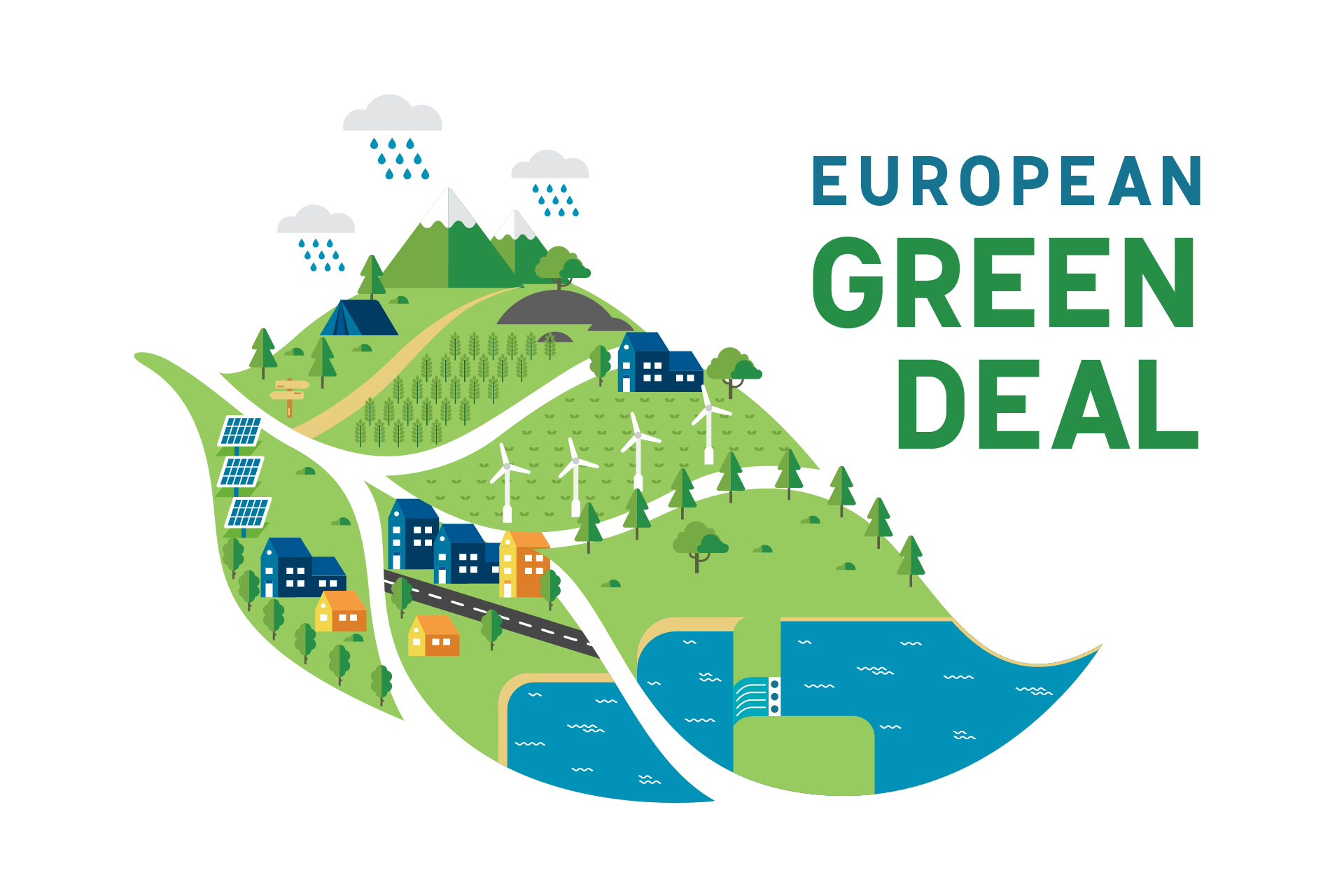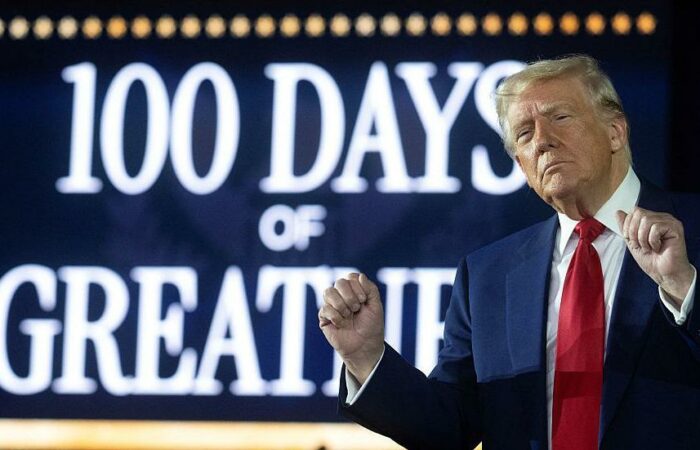Simone Tagliapietra
In the run up to the European elections there has been substantial speculation about the future of the Green Deal, with some pointing at its potential dismantal following an eventual dramatic surge in far-right parties. The good news for Europe, and for the world, is that this scenario has been avoided: as the pro-European centre has retained its majority of seats in the European Parliament, Europe is not going to reverse course on the green transition.
However, business-as-usual is not an option, too. The elections have unveiled an important sense of unease in our societies – and in the case of Germany and France, even more than largely anticipated – that must be taken seriously and duly addressed, also when it comes to climate policy.
While only after the result of France’s snap elections, and the decision on the precise perimeter of the new majority in the European Parliament it will be possible to have a comprehensive understanding of the new political and institutional setting of Europe, it is already possible today to identify two major risks ahead for Green Deal, and to put forward some ideas on how to address them.
The first risk is procrastination from the new European Parliament. With increased pressure from the right, the European People’s Party (EPP) might be tempted to push the new majority to slightly postpone or partially water-down some of the most politically controversial provisions of the Green Deal. In particular, for pieces of legislation entailing revision clauses in the coming few years, as in the case of the agreed ban on the sales of internal combustion engine cars starting in 2035. This temptation must be avoided. Reopening files agreed after years of negotiations would harm the European industry and risk postponing green investments of families and businesses by disrupting confidence in the reliability of Europe’s green trajectory. Moreover, this would raise costs for those who already embarked on the transition, putting their trust in the signals from political level and regulations by investing their own capital in clean tech, from energy efficient industrial processes to electric cars, letting them feel betrayed. That is, a credible climate policy framework is key to sustain private sector’s green investments in the coming years. Credible carbon pricing signals and credible climate and environmental regulations have the power to “play with expectations” and drive green investment decisions in both households and firms. The new European Parliament should avoid any temptation here, and rather focus on strengthening and implementing the Green Deal.
The second risk is that of inaction by national governments. As the Green Deal moves into its implementation phase after five years of policy design and legislative processes, getting things done at the national level is what will really make or break Europe’s green ambitions. In the coming five years, decarbonisation will have to sharply accelerate if the EU is to meet its 2030 climate goal. This will require greater national action to foster the decarbonisation of sectors like buildings and transport, in which climate policy enters the daily life of citizens. Countries like Germany, France and Italy are expected to do the heavy-lifting here, but what if these governments do not deliver? The reality is that the EU has today limited sticks and carrots to let any government move.
To fix this crucial issue, which risks to slow-down Europe’s green trajectory, an EU green investment strategy should now be urgently launched. This could entail different actions, such as making a better use of the EU budget, providing greater firepower to the European Investment Bank for financing the green transition, as well as launching a new EU Green Fund to be funded by new EU joint debt – a fully justified option as this is about a one-off financing of a transition that is extraordinary, temporary and benefits future generations.
The radical transformation entailed by the Green Deal raises difficult questions about who should bear the costs of climate action in the coming years. If those costs end up falling disproportionately on ordinary workers – let alone the poorest and most vulnerable communities – the transformation will worsen inequality and become socially and politically unviable. That is not an option. Fortunately, properly designed climate policies can avert that outcome and instead lead to greater social equality. The Green Deal has accounted for climate-justice considerations since the beginning, and with tools such as the Just Transition Fund and the new Social Climate Fund it has an excellent basis to start building a new green social contract. The EU should now streamline and simplify existing funding instruments to deliver even more decisive support for the most vulnerable in our societies, but also for the middle class in need to support to uptake green alternatives, from electric vehicles to green home heating systems.
The EU must also focus on turning decarbonization into a real economic opportunity by developing a solid green industrial policy. This will require, first and foremost, revitalizing the “boring” EU single-market agenda along the lines suggested by Enrico Letta, in order to leverage the bloc’s greatest asset – a huge shared market for goods, financial services, energy, workers, and ideas – to incentivize new investments in clean tech. Interventions in specific technology areas will also be needed. Rather than mimic the broad-based US Inflation Reduction Act, the EU should make the most of its limited resources by delivering targeted support in areas where it already has a solid comparative advantage on which to build. While some incumbent industries might need support as they decarbonize, supporting breakthrough innovations should be the primary goal. Green industrialization has not been at the core of the first phase of the Green Deal, and it will now have to be put at the forefront.
The Green Deal has come a long way since it was conceived five years ago, and these elections mark a new beginning for this agenda rather than its dismissal. But if the EU is to achieve its 2030 climate goals and achieve net-zero emissions by 2050, it must act now to ensure that it can weather the inevitable social political headwinds, starting with a new agenda focused on green investments, green social support and green industrial policy. Decarbonisation is the only route for Europe to get to resilience and competitiveness. The new majority in the European Parliament has the responsibility to drive it, by avoiding futile shortcuts.
Simone Tagliapietra is a Senior fellow at Bruegel think tank, Brussels. The article was posted by Bruegel and on the blog of the Cyprus Economic Society. https://cypruseconomicsociety.org/blog/blog-posts/




